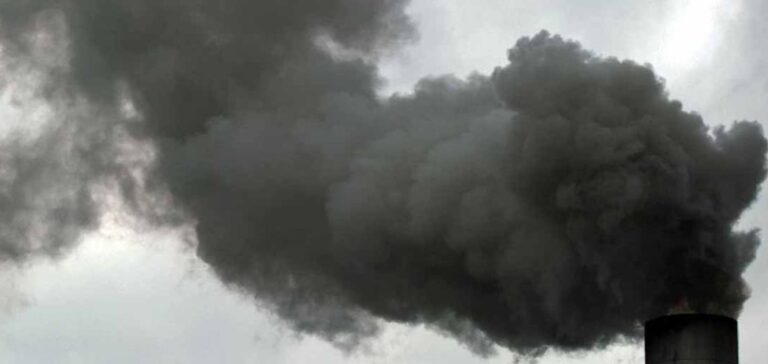Nigeria is stepping up efforts to combat climate change, with plans to introduce a carbon tax policy and increase participation in the voluntary carbon market.
NSIA and Vitol invest in carbon reduction projects in Nigeria
The country’s vice president, Yemi Osinbajo, recently asked the Nigeria Sovereign Investment Authority (NSIA) to take the lead in developing Nigeria’s first carbon market activation plan. Osinbajo stressed the importance of creating an enabling environment for Nigeria to play a global role in voluntary carbon markets.
NSIA, a state-run investment institution, has signed an agreement with Vitol, the world’s largest independent oil trader, to set up Carbon Vista. This is a joint venture that will invest in carbon avoidance and reduction projects in Nigeria. The two partners have committed to invest $50 million in carbon credit projects in the West African country. Osinbajo urged more companies to participate in such projects and build a vibrant carbon market in Nigeria and Africa.
Nigeria is Africa’s largest oil producer and has committed to achieving zero net carbon emissions by 2060, in line with fellow oil producer and OPEC member Saudi Arabia. The government is also seeking to develop a strategy for voluntary carbon markets, as many players in the carbon and renewable energy industry see Africa as a market with high growth potential. The African Carbon Markets Initiative aims to support the production of carbon credits and create jobs on the continent.
Nigeria commits to creating an enabling environment for carbon markets to flourish at all scales
In February, Nigeria’s National Climate Change Council confirmed that it was developing plans for a national carbon tax policy. Under the carbon tax system, the government will set a price that emitters will have to pay for each ton of emissions, thus helping to raise revenue and reduce emissions. Carbon pricing schemes, such as the EU Emissions Trading Scheme, are seen as an efficient and cost-effective way to reduce greenhouse gas emissions.
Carbon avoidance and offsets are expected to play a key role in achieving the goals of the Paris Climate Agreement and contribute to the United Nations Sustainable Development Goals. The voluntary carbon market has already quadrupled in value to about $2 billion in 2022 and is expected to grow at least 15 times by 2030 as governments and companies seek to use offsets to meet net zero carbon emission targets.
Indeed, Nigeria is taking significant steps to reduce its carbon emissions, with plans to introduce a national carbon tax policy and increase participation in the voluntary carbon market. The country’s commitment to creating an enabling environment for carbon markets to flourish will not only help Nigeria play a global role in reducing carbon emissions, but will also create jobs and unlock billions of dollars in revenue. With many African countries collaborating through the African Carbon Markets Initiative, Africa has the potential to become a significant player in the carbon market and contribute to global efforts to combat climate change.






















